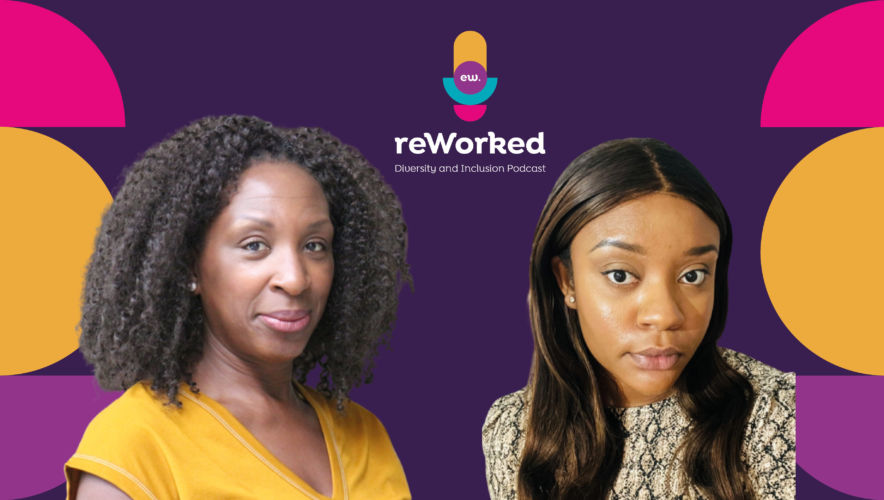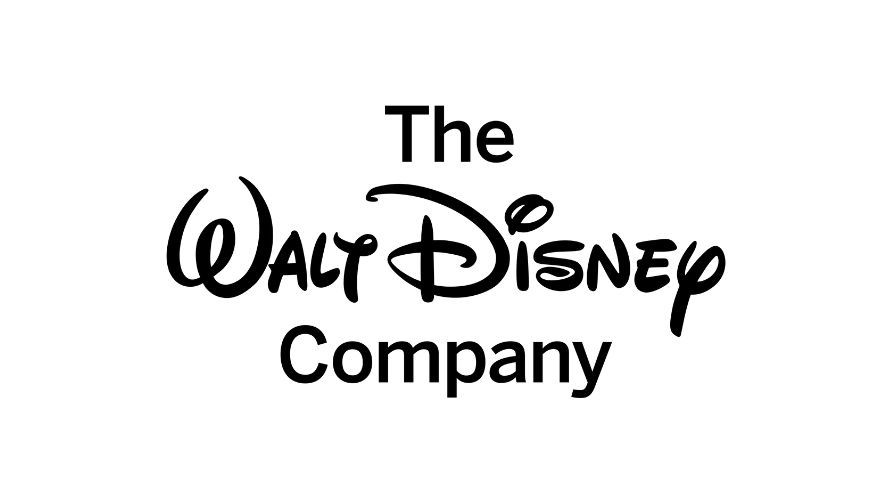Guiding, producing and training in expert equality impact assessments since 1992
Since 2012, public bodies have not been legally obliged to carry out equality impact assessments. However, they must still demonstrate due regard to the Equality Act 2010 in their decision-making so that no groups are left behind when services are changed or developed. This means that EIAs remain a valuable tool for assessing how public service providers—and private companies—can best serve every member of society.
Supporting LGBT+
23% of LGBT+ staff see coming out at work as a disadvantage
Employer Inclusion
61% of US staff report negatively on their employer's progress on inclusion
Experts in equality impact analysis
Develop and adapt services that cater for diverse communities
We’ve worked with organisations to integrate EDI best practice into their service offerings for the past 30 years. Today, we help them ensure they fulfil their duties under UK legislation, including the Equality Act 2010. We’ve carried out complex equality impact assessments and action planning across the health sector, transport, local authorities and trade unions.
Increasingly, private-sector businesses are recognising the value of equality impact analysis in ensuring service level excellence to diverse customer bases. We recently worked with the world’s largest outdoor advertising company, JC Decaux, to embed EIA best practice across their UK operations, enabling them to deliver best-in-class contracts for their public-sector clients.

Build EIA capacity in-house
Impact assessment, guidance and training workshops – a complete Equality Impact Assessment service
If your organisation carries out many EIAs, we can train your in-house teams and equip them with bespoke EIA templates and toolkits to support their work. Our EIA training can be delivered in-person or via virtual learning online.
Our EIA services include:
- Producing an Equality Impact Assessment template
- Advising on process, policies and procedures
- Conducting an EIA on your behalf
- Giving practical guidance on completing cumulative impact assessments
- Training your staff to undertake their own EIA
- Guidance for your suppliers on conducting EIAs
Equality Impact Assessment FAQs
What is an Equality Impact Assessment?
We all want our organisations to be as equal as possible. Unfortunately, it’s not always easy to get there. That’s where Equality Impact Assessments (EIA) come in: they are a tool that was created to ensure that business policies, practices and decisions are informed and reasonable. This also includes meeting the needs of your staff, making sure that unconscious bias is not leading them, and that they are not discriminating against any protected group according to the Equality Act 2010.
Why are Equality Impact Assessments important?
Reaching equality in the workplace is no easy feat, and it requires a deep understanding of the specific circumstances of your business. With Equality Impact Assessments, we help you break down and analyse your current situation, and come up with a method of reducing discrimination and achieving true diversity through systematically taking equal opportunities into consideration. It won’t only ensure you are complying with UK legislation such as the Equality Act 2010, but it will also make your organisation a better place for everyone.
Is an Equality Impact Assessment a legal requirement?
Since the introduction of the Equality Act 2010, Equality Impact Assessments are no longer required by law. However, their many benefits mean that organisations still continue to use them for different purposes. One of the more common ones is to demonstrate compliance with the Act, which necessitates ‘due regard’ is given in decisions to the elimination of prohibited conduct such as discrimination, harassment and victimisation. That said, businesses may choose to conduct an EIA for a plethora of other reasons, for example, increasing diversity or fostering a better company culture.
Build services that protect your community and customers with EW Group
get in touchWhat our clients say
Dive deeper into diversity, equity and inclusion
Check out our range of posts, resources and thought leadership on EDI at work.



